Central virginia apa
APA Virginia Chapter
Learn More About the Call for Nominations Call for Nominations for FAICP Class of 2024
Call for Nominations
Dear AICP Member,
Are you ready to be recognized for making exceptional and sustained contributions to the field? The nomination guidelines for the 2024 Class of Fellows of the American Institute of Certified Planners (FAICP) are now available. Information regarding APA Virginia's candidate nomination process is available linked above and nomination letters are due February 27th.
APA Virginia
Newsbrief Check out APA Virginia's Fall 2022 Newsbrief
Fall Newsbrief
The Newsbrief is the flagship publication for the Virginia Chapter of the American Planning Association, and serves as a robust repository for in-depth analyses of issues and events that are relevant to Virginia Planners. Use the button below to access the PDF.
Visit the Newsbrief Page
Mark Your Calendars 2023 APA Virginia Annual Conference
Mark your calendars and plan to join us in Roanoke next year for our annual conference!
July 16-19, 2023 - Hotel Roanoke
Stay Tuned For Updates at apavirginia. com
OPPORTUNITIES FOR CM CREDITS Your Hour With APA Virginia Webinar Series
Next Up with Your Hour APA Virginia:
The next webinar in the Advancing Resiliency series will be held on January 23rd 2023, as there will be no Your Hour With APA Virginia held in December.
Stay tuned for more details!
View Recordings of Previous Webinars on Our Chapter's Youtube Channel
OPPORTUNITIES FOR CM CREDITS Mid-Atlantic Planning Collaboration Webinar Series
Most Recently with the MAPC Webinar Series:
December 8th, 2022
Zoning Checkup: A Performance Guide for Small and Rural Jurisdictions. Keep Your Code Running at Peak Performance
Speaker:
David Dahlstrom, Upper Shore Regional Planner, Maryland Department of Planning
Joe Rogers, Western Maryland Regional Planner, Maryland Department of Planning
View Previously Recorded Webinars on the MAPC Youtube Channel
APA VA Member Spotlight
APA VA wants to hear from you! As in every community we plan, there are stories to its citizens.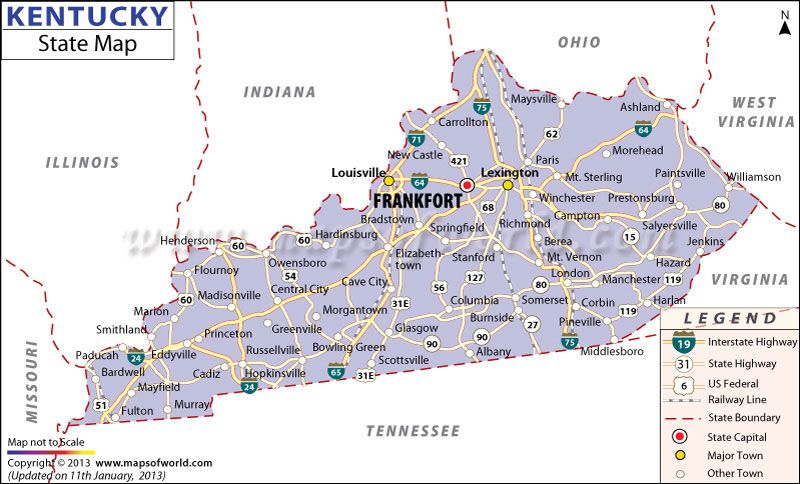 As a community of planners, we would like to highlight some of our amazing planners across the Commonwealth. If you or someone you know has a great planning story to tell, please reach out to Robert Narvaez, AICP, Director of Inclusion or anyone on the APA VA Board. We can’t wait to hear from you!
As a community of planners, we would like to highlight some of our amazing planners across the Commonwealth. If you or someone you know has a great planning story to tell, please reach out to Robert Narvaez, AICP, Director of Inclusion or anyone on the APA VA Board. We can’t wait to hear from you!
Check out Member Spotlights
2022 Legislative Agenda APA Virginia Legislative Agenda
Members of the Virginia Chapter of the American Planning Association (APA) are committed to supporting economic prosperity for all residents and businesses in the Commonwealth. Planning provides opportunities for all Virginians to look into the future and work towards a long-term vision for their communities. Planners are reliable and trusted sources of information committed to the communities they serve. Annual updates to the legislative agenda do not negate previous years’ priorities. The Chapter supports good and legal planning efforts that enables localities to address need in their communities.
The Chapter supports legislative and administrative actions, which are outcome-based and incorporate a review of return on investment, in order to ensure efficient expenditures of resources.
The Chapter opposes legislation that focuses only on the short-term economic benefit of actions without considering potential impacts, long-term economic or otherwise, on residents and businesses in the Commonwealth.
The Virginia General Assembly convenes January 12. The Chapter’s Legislative Committee will begin the weekly 1-hour virtual meetings at Noon on Friday, January 7th. These meetings will continue throughout the session each Friday at Noon. For Zoom meeting credentials email us at [email protected]
Download the Full 2022 Legislative Agenda Here
Planning Resources COVID-19 Resources
Planners continue to play an essential role in community response to the pandemic. From holding online public meetings, to positioning your community for economic recovery, to using data analysis to ensure the recovery is equitable, you need information to help you serve your community. Visit our COVID-19 resources collection, organized by topics that are foremost in your mind.
Visit our COVID-19 resources collection, organized by topics that are foremost in your mind.
Below is a link to the Department of Labor's COVID-19 resources and guides.
Click here for APA National's resources
US Department of Labor
What the Chapter Offers
The APA Virginia Chapter gets you involved in APA close to home. We're your local source for networking and professional development. You'll share experiences with colleagues and broaden your perspective beyond your commission or office.
We provide a variety of services that show the real value of membership, providing opportunities that allow planners to grow their careers, networks and skills. Specifically, our services include:
- The Annual Conference
- Annual Symposiums
- Networking Events
- Training Opportunities
- Preparation for the AICP Exam
- The Chapter's Legislative & Policy Program
- An Ethnic and Cultural Diversity Program
- Section Events
- Student Resources
- Publications
- A Regular Newsletter
- Social Media, and
- Leadership Opportunities
Join Us!
Our Mission
Our mission is to make great communities happen in Virginia by offering continuing professional development and other valuable services to our members that will enable them to excel in their practice. We are committed to raising awareness about the many benefits planning offers as a foundation for effectively addressing the physical, economic, and social changes that take place in Virginia, and to providing effective leadership in planning advocacy reflective of a diverse geography and population.
We are committed to raising awareness about the many benefits planning offers as a foundation for effectively addressing the physical, economic, and social changes that take place in Virginia, and to providing effective leadership in planning advocacy reflective of a diverse geography and population.
Join APA
Virginia Chapter Reddit Page
Ever have a planning question that you'd love to receive the input of your colleagues on but don't know who to reach out to? Now you do! The Virginia Chapter has started a Reddit page to allow planners from across the Commonwealth to connect and respond to one another on issues, events and trends that they're experiencing.
APA Virginia Reddit page link
Mid-Atlantic Planning Collaboration
The Mid-Atlantic Planning Collaboration is a joint venture of the Maryland, National Capital Area, Virginia and West Virginia Chapters along with the Maryland Department of Planning, Maryland Planning Commissioners Association, Rural Planning Caucus of Virginia and West Virginia University's Land Use and Sustainable Development Law Clinic. The intent is to address topics that may be of interest to people involved in planning at all levels across multiple regions.
The intent is to address topics that may be of interest to people involved in planning at all levels across multiple regions.
Mid-Atlantic Planning Collaboration Home Page
Training Programs - Psychology Training
Training Programs
Internships | Postdoctoral Fellowships | Practicum Training | Advanced Fellowships
INTERNSHIPSAlabama:
Birmingham - Birmingham VA Medical Center Consortium
Tuscaloosa - Tuscaloosa VA Medical Center
Tuskegee - Central Alabama Veterans Health Care System
Alaska:
Anchorage - Alaska VA Healthcare System & Regional Office
Arizona:
Phoenix - Phoenix VA Health Care System
Prescott - Northern Arizona VA Health Care System
Tucson - Southern Arizona VA Health Care System
Arkansas:
Fayetteville - Veterans Health Care System of the Ozarks (VHSO)
Little Rock - Central Arkansas Veterans Health Care System
California:
Loma Linda - Loma Linda VA Medical Center
Long Beach - VA Long Beach Healthcare System
Los Angeles - VA Los Angeles Ambulatory Care Center
West Los Angeles - West Los Angeles VA Healthcare Center
Northern California - VA Northern California Health Care System
Palo Alto - VA Palo Alto Health Care System
San Diego - VA San Diego Healthcare System
San Francisco - San Francisco VA Medical Center
Sepulveda - Sepulveda Ambulatory Care Center
Colorado:
Denver - Rocky Mountain Regional VA Medical Center
Grand Junction - VA Western Colorado Health Care System
Connecticut:
Newington - Greater Hartford Clinical Psychology Internship Consortium
West Haven - VA Connecticut Healthcare System
Delaware:
Wilmington - Wilmington VA Medical Center
District of Columbia, Washington, DC:
Washington - Washington DC VA Medical Center
Florida:
Bay Pines - Bay Pines VA Healthcare System
Gainesville - North Florida/South Georgia Veterans Health System
Miami - Miami VA Medical Center
Orlando - Orlando VA Medical Center
Pensacola -Gulf Coast Veterans Health Care System
Tampa - James A. Haley Veterans Hospital
Haley Veterans Hospital
West Palm Beach - West Palm Beach Veterans Health System
Georgia:
Atlanta - Atlanta VA Medical Center
Augusta - Medical College of Georgia/Charlie Norwood VA Medical Center Consortium*
Hawaii:
Honolulu - VA Pacific Islands Health Care System
Idaho
Boise - Idaho Veterans Health Care System
Illinois:
Chicago - Jesse Brown VA Medical Center
Danville - VA Illiana Health Care System
Hines - Hines VA Medical Center
North Chicago - Captain James A. Lovell Federal Health Care Center
Indiana
Indianapolis - Richard L. Roudebush VA Medical Center
Iowa:
Central Iowa - VA Central Iowa Health Care System
Iowa City - Iowa City VA Medical Center
Kansas:
Eastern Kansas - VA Eastern Kansas Health Care System
Kansas City - Kansas City VA Medical Center
Kentucky:
Lexington - Lexington VA Medical Center
Louisville - Robley Rex Veterans Affairs Medical Center
Louisiana:
Alexandria - Alexandria Veterans Affairs Health Care System (AVAHCS)
New Orleans - Southeast Louisiana Veterans Health Care System
Maine:
Togus - Togus VA Medical Center
Maryland:
Baltimore - VA Maryland Health Care System
Massachusetts:
Bedford - Edith Nourse Rogers Memorial VA Medical Center
Boston - VA Boston Health Care System
Northampton - VA Central Western Massachusetts Healthcare System
Michigan:
Ann Arbor - Ann Arbor Healthcare System
Battle Creek - Battle Creek VA Medical Center
Detroit - John D. Dingell VA Medical Center
Dingell VA Medical Center
Iron Mountain - Oscar G. Johnson VA Medical Center
Saginaw - Aleda E Lutz VA Medical Center
Minnesota:
Minneapolis - Minneapolis VA Medical Center
St. Cloud - St. Cloud VA Medical Center
Mississippi:
Biloxi - VA Gulf Coast Veterans Health Care System
Jackson - G.V. (Sonny) Montgomery VA Medical Center Psychology Internship Program
Missouri:
Columbia - Missouri Health Sciences Psychology Consortium
St. Louis - St. Louis VA Medical Center
Kansas City - Kansas City VA Medical Center
Montana:
Ft. Harrison - VA Montana Health Care System
Nebraska:
Lincoln - VA Nebraska-Western Iowa Health Care System
Nevada:
Las Vegas- VA Southern Nevada Health Care System
Reno - VA Sierra Nevada Health Care System
New Hampshire:
Manchester - Manchester VA Medical Center
New Jersey:
East Orange - New Jersey Health Care System Medical Centers at East Orange & Lyons, NJ
New Mexico:
Albuquerque - New Mexico VA Health Care System - Southwest Consortium
New York:
Albany - VA Consortium*
Bath - Bath, New York - Behavioral Health Outpatient Clinic
Bronx - James J. Peters VA Medical Center
Peters VA Medical Center
Brooklyn - Brooklyn Campus of the VA New York Harbor Healthcare System
Buffalo - Buffalo Campus of VA Healthcare Network Upstate New York
Canandaigua - Canandaigua VA Medical Center
Montrose - Hudson Valley Healthcare System
New York - Manhattan Campus - New York Harbor Healthcare System
Northport - Northport VA Medical Center
Syracuse - Syracuse VA Medical Center
North Carolina:
Asheville - Asheville VA Medical Center
Durham - Durham VA Medical Center
Greenville - Greenville VA Health Care Center
Salisbury - W. G. (Bill) Hefner VA Medical Center
North Dakota
Fargo - Fargo VA Health Care System
Ohio:
Chillicothe - Chillicothe VA Medical Center
Cincinnati - VA Cincinnati Medical Center
Cleveland - Louis Stokes Cleveland VA Medical Center
Colombus -Chalmers P. Wylie VA Ambulatory Care Center
Dayton - Dayton VA Medical Center
Oklahoma:
Muskogee - Jack C Montgomery VAMC
Oklahoma City - Oklahoma City VA Medical Center Consortium*
Oregon:
Portland - Portland VA Medical Center
White City - Southern Oregon Rehabilitation Center and Clinics
Pennsylvania:
Coatesville - Coatesville VA Medical Center
Erie - Erie VA Medical Center
Lebanon -Lebanon VA Medical Center
Philadelphia - Philadelphia VA Medical Center
Pittsburgh - VA Pittsburgh Healthcare System
Puerto Rico:
San Juan - VA Caribbean Healthcare System
Rhode Island:
Providence - Providence VA Medical Center Consortium*
South Carolina:
Charleston - Ralph H. Johnson VA Medical Center Consortium*
Johnson VA Medical Center Consortium*
Columbia - Columbia VA Health Care System
South Dakota:
Fort Meade - VA Black Hills Health Care System
Sioux Falls - VA Sioux Falls Health Care System
Tennessee:
Memphis - Memphis VA Medical Center
Mountain Home - James H. Quillen VA Medical Center
Nashville/Murfreesboro - Tennessee Valley Healthcare System
Texas:
Dallas - VA North Texas Health Care System
El Paso - VA El Paso Health Care System
Harlingen - VA Texas Valley Coastal Bend Health Care System
Houston - Michael E. DeBakey VA Medical Center
San Antonio - South Texas Veterans Health Care System
Austin/Temple/Waco - Central Texas Veterans Health Care System
Utah:
Salt Lake City - VA Salt Lake City Healthcare System
Vermont:
White River Junction - White River Junction VA Medical Center
Virginia:
Hampton - Hampton VA Medical Center
Richmond - Hunter Holmes McGuire VA Medical Center
Salem - Salem VA Medical Center
Washington:
American Lake - VA Puget Sound Health Care System
Seattle - VA Puget Sound Health Care System
Spokane - Spokane VA Medical Center
West Virginia:
Huntington - Hershel "Woody" Williams VA Medical Center
Wisconsin:
Milwaukee - Milwaukee VA Medical Center
Madison - William S. Middleton Memorial Veterans Hospital
Middleton Memorial Veterans Hospital
Wyoming
Cheyenne - Cheyenne VA Medical Center
Sheridan - Sheridan VA Medical Center
| POSTDOCTORAL FELLOWSHIPS (Please also see Advanced Fellowship section below for additional postdoctoral training opportunities.) Alabama: Arkansas California: Colorado: Connecticut: District of Columbia, Washington, DC: Florida: Georgia Hawaii: Idaho Illinois: Kansas: Maine: Maryland: Massachusetts: Michigan: Minnesota: Mississippi: Missouri: New Mexico: New Jersey New York North Carolina: Ohio: Oklahoma: Oregon: Pennsylvania: Puerto Rico: Rhode Island: South Carolina: Tennessee: Texas: Utah: Vermont: Virginia: Washington: Wisconsin:
|
| ADVANCED FELLOWSHIPS The VA Advanced Fellowships Programs offer unique preparation for future healthcare leaders. More information about 2 of the Advanced Fellowship programs can be found below. Department of Veterans Affairs Advanced Fellowship Program in Mental Illness Research and Treatment: MIRECC - (Mental Illness Research, Education, and Clinical Centers of Excellence), SMITREC (Serious Mental Illness Treatment Research and Evaluation Center), NCPTSD (National Center for PTSD), and COEs (Centers of Excellence) Interprofessional Fellowship Program in Psychosocial Recovery and Recovery Oriented Services for Veterans experiencing serious mental health disorders. |
* External Link Disclaimer: Links marked with an asterisk ( * ) are external links. By clicking on these links, you will leave the Department of Veterans Affairs Website. VA does not endorse and is not responsible for the content of the linked website. The link will open in a new window.
The link will open in a new window.
On the eve of the award ceremony, on December 9, representatives of these human rights organizations spoke at a press conference in Oslo for journalists and supported the idea of an international tribunal for Vladimir Putin for crimes in Ukraine.
“I have no doubt that sooner or later Putin will appear before the people's court,” Alexandra Matviychuk, head of the Center for Civil Liberties, expressed her confidence. The Ukrainian human rights activist said that Russia uses war crimes in Ukraine as a method of warfare: this is how its military tries to break people's resistance. According to her, the widespread use of such methods against the civilian population is the result of impunity for war crimes that Russia has been committing for decades in many countries of the world, including in Syria. The human rights activist also noted that Putin and Lukashenko use the same lawless methods to suppress protests in their own countries.
The Ukrainian human rights activist said that Russia uses war crimes in Ukraine as a method of warfare: this is how its military tries to break people's resistance. According to her, the widespread use of such methods against the civilian population is the result of impunity for war crimes that Russia has been committing for decades in many countries of the world, including in Syria. The human rights activist also noted that Putin and Lukashenko use the same lawless methods to suppress protests in their own countries.
“They think they can do whatever they want. And now we must break this circle of impunity, form an international tribunal and make Lukashenka, Putin and other perpetrators accountable - not only for the sake of Ukrainians, but also for the sake of other countries and peoples of the world, ”said Oleksandra Matviychuk.
She specifically expressed solidarity with the women of Iran: “I know that in many countries of the world right now many people are also fighting for freedom and democracy. And I want to express solidarity with the brave women of Iran. Women are always at the forefront of the fight for human dignity.”
And I want to express solidarity with the brave women of Iran. Women are always at the forefront of the fight for human dignity.”
Yan Rachinsky, Chairman of the Board of the International Society "Memorial", expressed his confidence that crimes cannot go unpunished: his human rights organization was recognized as "undesirable" in Russia and banned. According to him, the punishment will be inevitable both for those who give orders and for those who carry them out. “This is important for the whole society: for the society to understand that crimes will be punished. This allows people to fight fear, which is much greater today than it was in 1987, during the years of perestroika. The idea of perestroika was to include society in the work on the future. Unfortunately, since the mid-1990s, work has gone in the opposite direction in Russia - more work on the past, work on keeping the future in the hands of a small group. That is why it is important to ensure that specific war crimes are also punished,” he said.
Let us recall that France, together with European and Ukrainian partners, has begun work on the creation of a special tribunal for Russia's crimes in Ukraine. The head of the European Commission, Ursula von der Leyen, supported his idea, saying that Russia must pay "for its terrible crimes, including the crime of aggression against a sovereign state." However, Gennady Gatilov, Russia's Permanent Representative to the UN Geneva Headquarters, such a tribunal would require sanctions from the UN Security Council, which Russia, as a member of the Security Council, naturally will not give.
Belarus also commits crimes against its own citizens every day, stressed in Oslo the wife of the founder of the Viasna human rights center Ales Byalyatsky, Natalia Pinchuk, who came to Oslo instead of her husband arrested in Belarus.
“I would like to hope that the award will change people's lives, but, unfortunately, the repressions continue. Every night, every day in Belarus people are taken away,” she said. According to Natalia Pinchuk, this is a problem for every family, because repression affects both children and women. As examples, she cited the arrest for political reasons of a woman in Gomel, whose minor child is being taken to a boarding school, and the conditions of detention of women in a prison in the Vitebsk region:
According to Natalia Pinchuk, this is a problem for every family, because repression affects both children and women. As examples, she cited the arrest for political reasons of a woman in Gomel, whose minor child is being taken to a boarding school, and the conditions of detention of women in a prison in the Vitebsk region:
“It's so cold there, and women are not allowed to sleep or warm up. Women began to use pads to sit on metal frames that should have mattresses, but they don't. When the prison staff noticed this, they took the pads away,” Pinchuk said, adding: “Prisons, in fact, have introduced such a system of torture, through which people lose their health, and from there they come out disabled.”
world experience – News of Uzbekistan – Gazeta.uz
In Uzbekistan, the process of introducing amendments and additions to the Constitution, initiated by the Liberal Democratic Party (UzLiDeP) and the Milliy Tiklanish Democratic Party, is gaining momentum.
A constitutional commission for the reform of the Constitution was established, headed by Akmal Saidov. He managed to reproach Internet users discussing the need for amendments to the Basic Law of being illiterate and said that now the “specter of constitutional reforms is wandering around the world”, citing the example of the United States, where the last change to the constitution was adopted 30 years ago.
He managed to reproach Internet users discussing the need for amendments to the Basic Law of being illiterate and said that now the “specter of constitutional reforms is wandering around the world”, citing the example of the United States, where the last change to the constitution was adopted 30 years ago.
Deputy Chairman of the Senate Sadyk Safaev said that without changing the Constitution it would be impossible to carry out the overdue major reforms. He cited as an example the question that the inhabitants of the country have been asking for many years: how long will khokims lead both the executive and representative authorities? There are actually such gaps in the Constitution.
Advertising on Gazeta.uz
Otabek Bakirov, an economist and author of the Bakiroo Telegram channel, recalled that previous constitutional reforms in Uzbekistan were used more than once to circumvent the requirements of Article 90 of the Constitution, which prohibits the same person from holding the presidency for more than two consecutive terms, and "zeroing out" presidential terms.
In 1995, a year before the expiration of the powers of the first president, Islam Karimov, a referendum was held in Uzbekistan to extend the powers of the president until 2000. The President stated that he considers the results of the referendum to be equivalent to re-election for a second term, but in the elections of 2000 his candidacy was put forward again. In 2003, the Constitution was amended, including the extension of the presidential term from five to seven years and the holding of presidential elections on the first Sunday of the third decade of December in the year of the expiration of the president's powers, but the restriction to two consecutive terms remained in force.
Nevertheless, in 2007 Islam Karimov was once again nominated for the highest state post. The OSCE/ODIHR Limited Election Observation Mission, in its interim report, wrote that “according to the position of the Central Election Commission, President Karimov, after the adoption of the Constitution in 1992, was elected only once, in 2000, and thus has the right to be re-elected in in accordance with Article 90 of the Constitution. "
"
Despite the fact that the CEC considered the elections in 2007 the second (and, accordingly, the last) presidential term of Islam Karimov, his candidacy was again put forward in the 2015 elections. The limited mission of the OSCE/ODIHR in its report assessed this as “a violation of the general principle of the rule of law” and wrote in the recommendations that “the Constitution must be respected, and the Constitutional Court, as an appointed body, must interpret the norms of the Constitution.”
The day before, at a meeting of the constitutional commission, it was reported that most of the amendments proposed by the public in a few days relate to articles 13,15, 29, 37, 40, 41, 53, 78 and 80 of the Constitution. That is, at the moment the issue of changing Article 90 is not being discussed. This was also noted by the press secretary of the constitutional commission Odiljon Turdiev.
There are dozens of examples of "zeroing" in the world
Uzbekistan is not the only country where "zeroing" attempts have been made.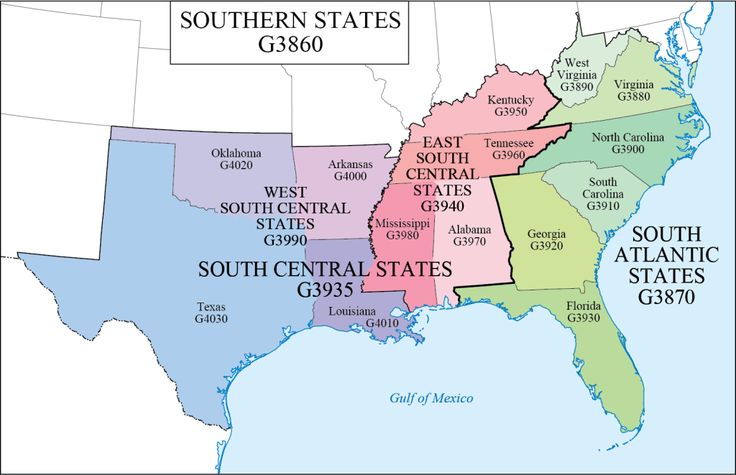 Researchers at the University of Virginia School of Law in the United States studied and systematized 60 such attempts in different countries.
Researchers at the University of Virginia School of Law in the United States studied and systematized 60 such attempts in different countries.
According to the authors of the study, the most common strategy for circumventing constitutional restrictions was to amend the constitution - in more than 60% of all attempts to "zero" studied, of which 60% were successful, this strategy was used. In 8% of cases, a new constitution was adopted to declare that previous terms under the old constitution do not count (the "blank slate" theory) - all such cases were successful.
Changes to the constitution for "zeroing" can range from removing term limits to changing the number of terms or changing the period of a term, or a combination of several changes. For example, changes to Article 45 of the Constitution of the People's Republic of China, adopted in 2018, remove the two-term limit for the president and vice president of the country. While the change was overwhelmingly accepted, some critics expressed concern that it would "sow the seed of chaos" and "be judged as a farce by historians. "
"
In 2004, shortly before the end of the second term of President of Belarus Alexander Lukashenko, the provision on limiting the presidential term to two five-year terms was removed from the country's constitution. The third and fourth terms of Lukashenka were accompanied by financial crises, and the sixth began with mass protests.
An interesting case of "zeroing" is the permission for a specific person to be re-elected regardless of constitutional restrictions. For example, despite Article 197 of the Colombian constitution, which states that "any citizen who has served as president cannot be elected president", in 2015 Alvaro Uribe obtained permission for re-election under the pretext of "continuing the fight against radical left forces", but in 2010 year he was denied an attempt to be re-elected for a third term. His presidency has been viewed as controversial, and he was later charged with corruption and witness bribery.
Article 65 of the Tajik constitution prohibits the same person from holding the highest government post for more than two consecutive terms of seven years, however, according to the changes adopted in 2016, this restriction does not apply to the Founder of Peace and National Unity - the Leader of the Nation, who, according to constitutional law is the incumbent President Emomali Rahmon.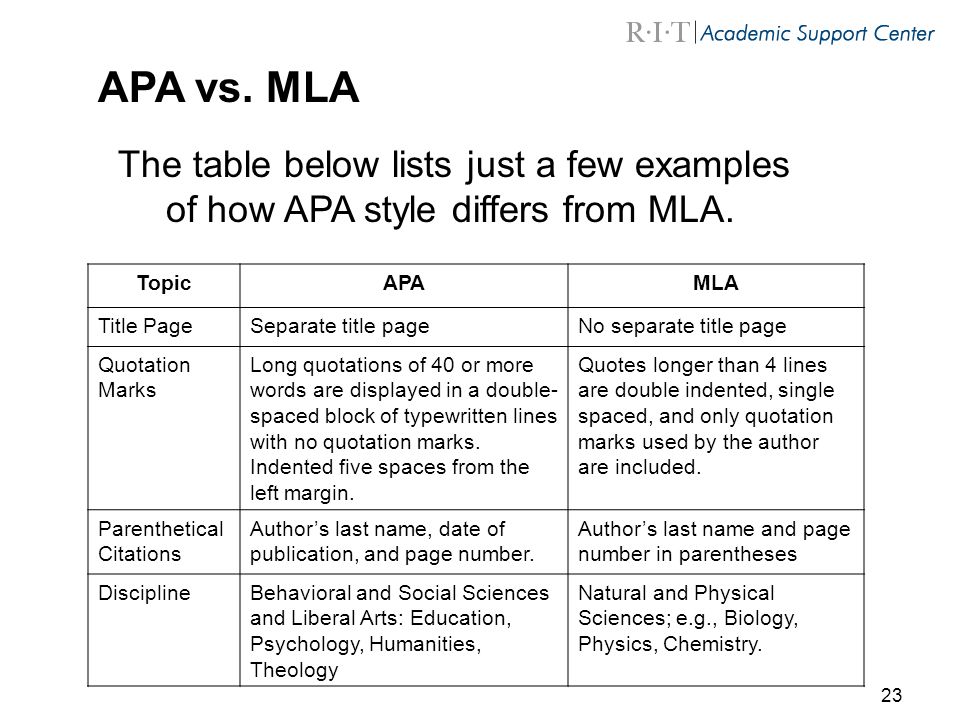
The same exception - the right to stand for more than two terms - is guaranteed in Art. 42 of the constitution of Kazakhstan for the first president of the country - Elbasy Nursultan Nazarbayev, whose status is also determined by the constitutional law. Nazarbayev managed to stay in power for almost 30 years and, according to analysts, even after his voluntary resignation, he retained significant control over the country's political system. However, it is expected that after the adoption of the amendments initiated by President Kassym-Jomart Tokayev after the January tragic events, Nazarbayev will lose the status of Elbasy and special privileges.
In 2020, numerous amendments to the constitution were adopted in Russia, one of which, proposed by the famous cosmonaut Valentina Tereshkova, was to reset all previous terms of Vladimir Putin to zero. After these amendments, the current President of Russia has the opportunity to run for another two terms after the expiration of his term in 2024. Some analysts note that over the long years of being in power, an “information bubble” has formed around Putin, where information that he may not like does not get into - and this lack of real information, among other things, led, according to experts, to an invasion of Ukraine.
Some analysts note that over the long years of being in power, an “information bubble” has formed around Putin, where information that he may not like does not get into - and this lack of real information, among other things, led, according to experts, to an invasion of Ukraine.
Researchers cite a curious case of "zeroing" in Uganda: after coming to power after the civil war in 1986, President Yoweri Museveni removed the restrictions on the presidential term from the constitution, but forgot to remove the upper age limit, and in order to be able to be re-elected, I had to change the constitution again.
The authors of the study note the following success factors in constitutional reforms aimed at "zeroing": the level of concentration of power in the hands of the head of state and (or) his popularity among the people, as well as the relative ease of the procedure for changing the constitution.
However, they warn that seeming popularity in authoritarian countries can be deceiving: "authoritarian presidents can never be sure they are really popular, and there is always a risk that a little resistance will be successful.
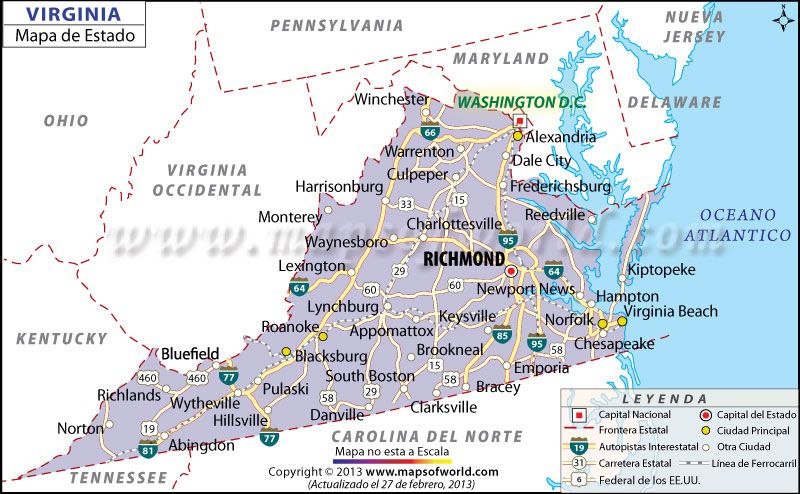 Haley Veterans Hospital
Haley Veterans Hospital Dingell VA Medical Center
Dingell VA Medical Center G. (Bill) Hefner VA Medical Center
G. (Bill) Hefner VA Medical Center York VA Medical Center
York VA Medical Center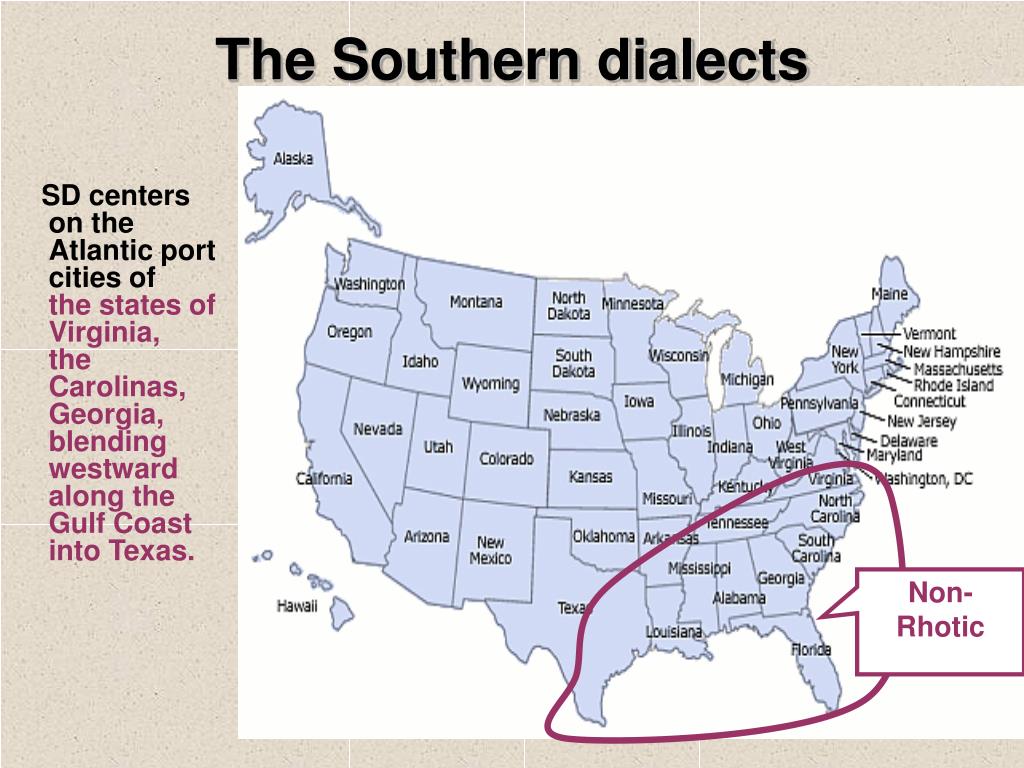 Through creative partnerships, use of new technology, and innovative educational modalities, the VA Advanced Fellowships Program promotes and fosters the highest standards of leadership, intellectual integrity, research, and patient care. Individuals from a wide range of healthcare disciplines, including psychology, are eligible. Advanced Fellowships have a diverse range of topic areas and are located at facilities across the country. Program information is available at: https://www.va.gov/OAA/advancedfellowships/advanced-fellowships.asp
Through creative partnerships, use of new technology, and innovative educational modalities, the VA Advanced Fellowships Program promotes and fosters the highest standards of leadership, intellectual integrity, research, and patient care. Individuals from a wide range of healthcare disciplines, including psychology, are eligible. Advanced Fellowships have a diverse range of topic areas and are located at facilities across the country. Program information is available at: https://www.va.gov/OAA/advancedfellowships/advanced-fellowships.asp The Fellowship Program is a state-of-the-art, advanced clinical training program that focuses on the theory and practice of psychosocial rehabilitation. Individualized, mentored clinical training is combined with a curriculum that emphasizes a comprehensive psychosocial rehabilitation approach to service delivery, education, and implementing change in mental health care settings. The purpose of the Interprofessional Fellowship Program is to develop future mental health leaders to transform mental health care systems by emphasizing functional capability, rehabilitation, and recovery. Professions accepted include psychology, social work, occupational therapy, psychiatry, chaplaincy, vocational rehabilitation, and nursing.
The Fellowship Program is a state-of-the-art, advanced clinical training program that focuses on the theory and practice of psychosocial rehabilitation. Individualized, mentored clinical training is combined with a curriculum that emphasizes a comprehensive psychosocial rehabilitation approach to service delivery, education, and implementing change in mental health care settings. The purpose of the Interprofessional Fellowship Program is to develop future mental health leaders to transform mental health care systems by emphasizing functional capability, rehabilitation, and recovery. Professions accepted include psychology, social work, occupational therapy, psychiatry, chaplaincy, vocational rehabilitation, and nursing.













